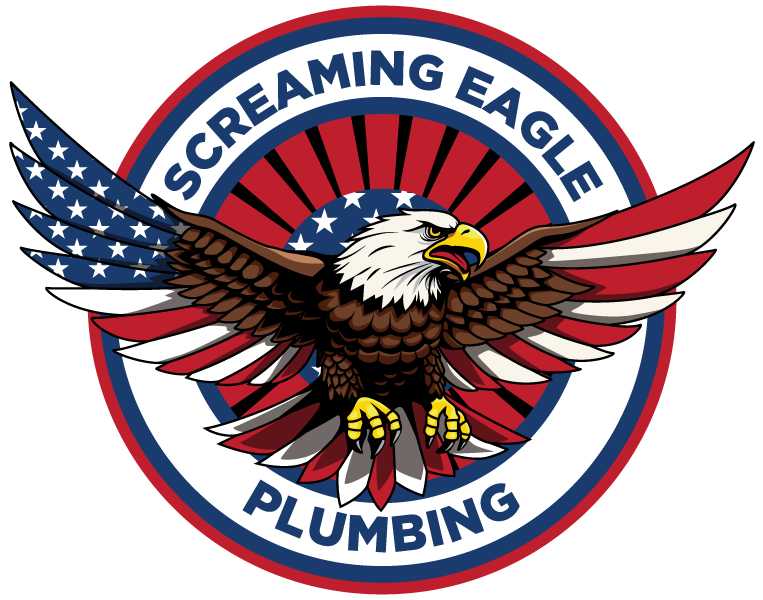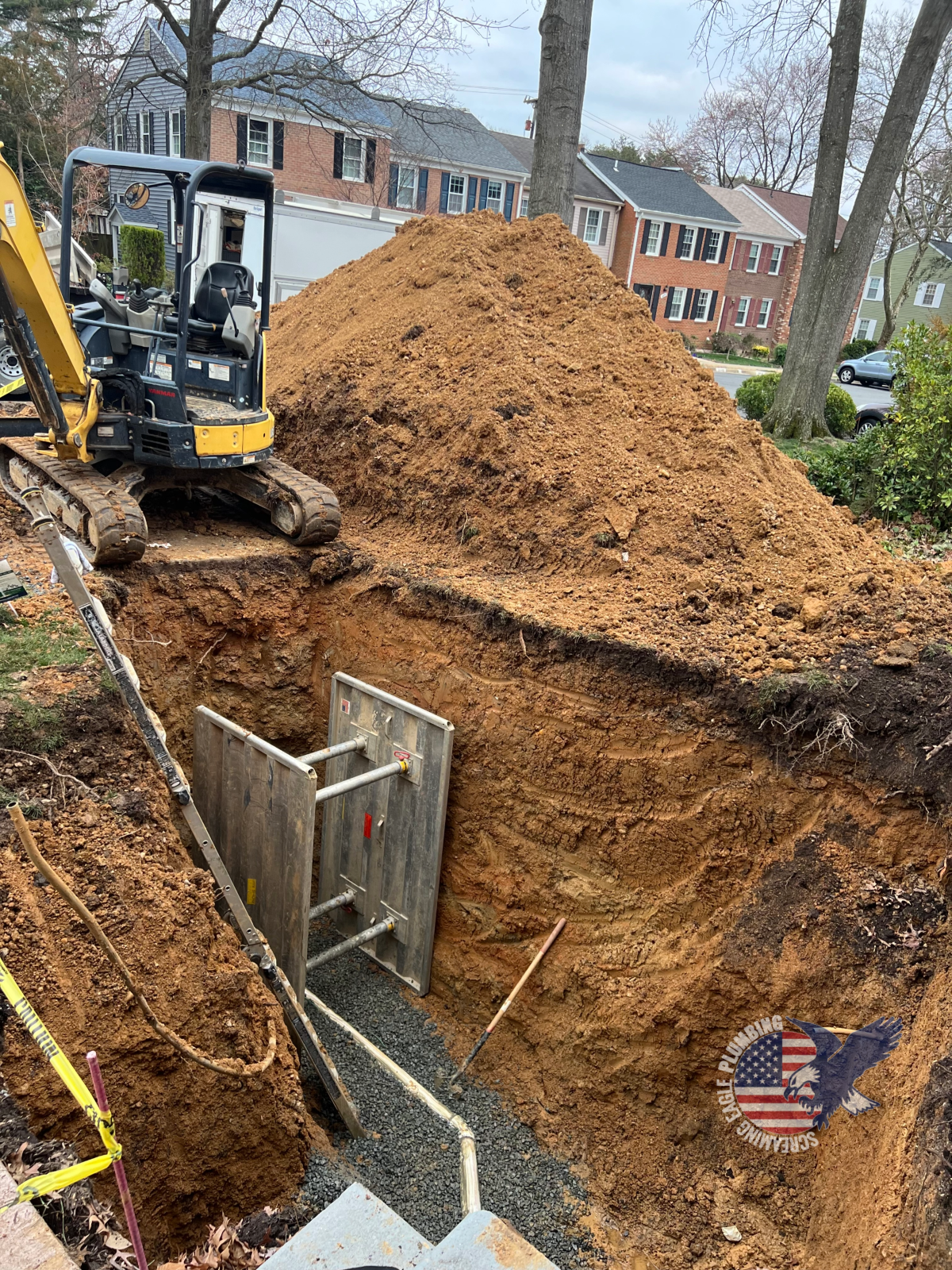Inspect Your Sewer Lines Now!Homes Built Pre-1980 in Fairfax, Springfield, Falls Church, or Burke?
Owning a home is a significant investment, and maintaining its infrastructure is crucial for ensuring longevity and comfort. If your home in Fairfax, Springfield, Falls Church, or Burke, Virginia, was built before 1980, it is imperative to inspect your sewer lines. Many older homes in these areas were constructed with Orangeburg sewer lines, which are now notorious for their tendency to fail over time.
What Are Orangeburg Sewer Lines?
Orangeburg pipes, also known as “fiber conduit” or “bituminous fiber pipe,” were commonly used from the 1940s through the 1970s. These pipes are composed of layers of wood pulp and pitch, making them a lightweight and cost-effective option at the time. However, their organic composition makes them susceptible to deterioration, especially after decades of use.
Why Orangeburg Sewer Lines Are a Problem
- Degradation Over Time: Orangeburg pipes tend to deform, blister, and collapse over time due to the materials used in their construction. The wood pulp and tar composition is not as durable as modern piping materials like PVC or cast iron.
- Infiltration and Root Intrusion: The weakened structure of these pipes allows for easy infiltration by tree roots. Root intrusion can cause significant blockages and damage, leading to frequent backups and costly repairs.
- Increased Maintenance and Repair Costs: Homes with Orangeburg sewer lines are more likely to experience frequent plumbing issues. If the pipes fail, homeowners might face recurring maintenance costs and the potential for extensive repair work.
Signs of Failing Orangeburg Sewer Lines
Homeowners should be vigilant for the following signs, which may indicate failing Orangeburg sewer lines:
- Frequent Drain Clogs: Regular blockages in your sinks, toilets, and bathtubs can indicate a significant issue within the main sewer line.
- Slow Draining Fixtures: If multiple fixtures in your home are draining slowly, it could signal a blockage or collapse in the sewer line.
- Unpleasant Odors: Persistent sewer odors around your home or yard often point to compromised sewer pipes.
- Lush Patches of Grass: Unusually green and lush areas of your yard may indicate a leak in your sewer line, which provides extra nutrients to the grass.
- Sewage Backups: Raw sewage backing up into your home is a sign of a serious issue requiring immediate attention.
What You Can Do
- Schedule a Professional Inspection: Hire a licensed plumber to inspect your sewer lines thoroughly. They can use advanced techniques such as video camera inspections to assess your pipes’ condition accurately.
- Consider Replacement Options: If Orangeburg pipes are detected, it’s advisable to consider replacing them with more durable materials. PVC and cast iron pipes are commonly used replacements that offer greater longevity and reliability.
- Regular Maintenance: Implement a regular schedule to ensure your sewer lines remain clear and functional. Preventative measures can help avoid unexpected failures and costly repairs.
Conclusion
If your home in Fairfax, Springfield, Falls Church, or Burke, Virginia, was built before 1980, taking proactive steps to inspect your sewer lines is crucial. Orangeburg sewer pipes are prone to failure, and addressing potential issues before they become emergencies can save you time, money, and stress. Ensure the longevity and safety of your home’s plumbing by scheduling an inspection and considering necessary replacements. Don’t wait for a disaster to strike – protect your investment and your peace of mind by checking your sewer lines today.

